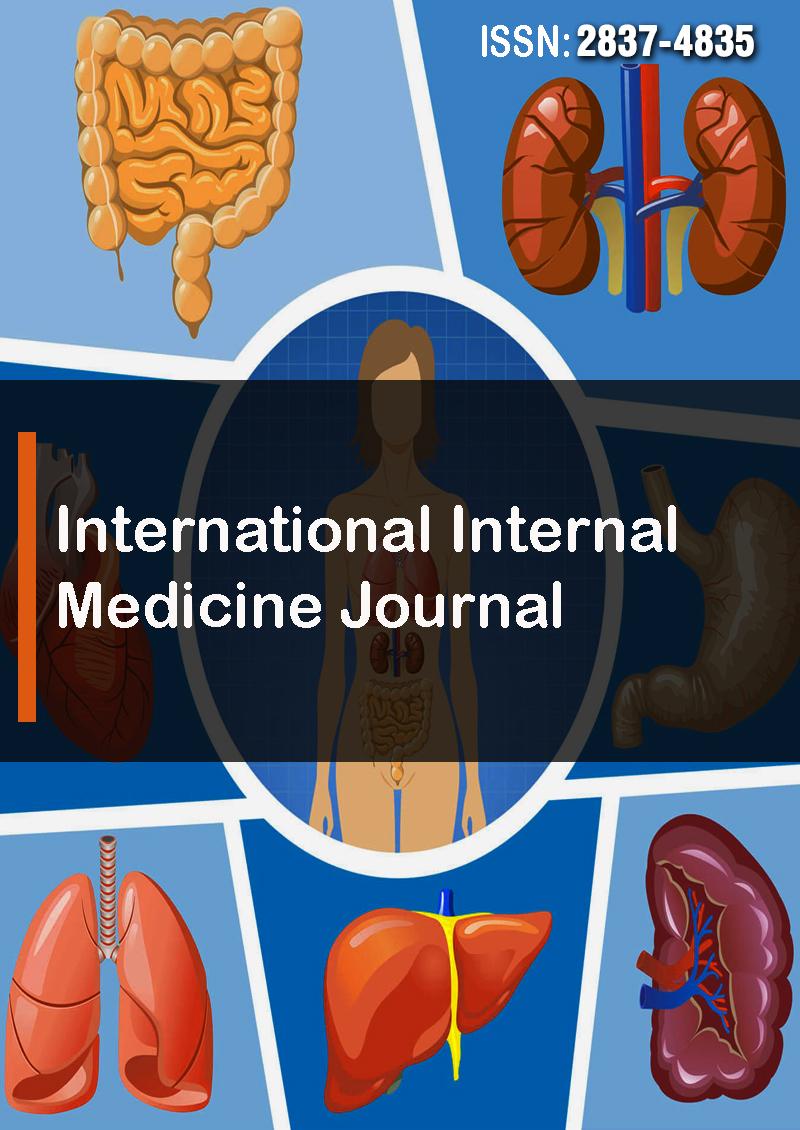Evaluation of Lipid Profile Changes In Patients With Inflammatory Bowel Disease: A Single Center Experience
Abstract
Cagdas Erdogan
Introduction: Inflammatory Bowel Disease (IBD) encompasses chronic inflammatory disorders of the gastrointestinal tract, including Crohn's disease and ulcerative colitis. While initially considered a localized disorder, IBD has emerged as a systemic disease with a growing recognition of its potential impact on lipid metabolism and cardiovascular health. This study aims to comprehensively investigate lipid profiles and dyslipidemia prevalence among IBD patients, shedding light on potential associations with disease characteristics.
Materials and Methods: A single-center cross-sectional observational study was conducted on 707 IBD patients between December 2007 and February 2021. Inclusion criteria comprised confirmed IBD diagnosis, age 18-65, and informed consent. Demographic data, medical history, anthropometric measurements, and fasting blood samples for lipid profile analysis were collected. Lipid profiles included total cholesterol, high-density lipoprotein cholesterol (HDL-C), low- density lipoprotein cholesterol (LDL-C), and triglycerides. Statistical analyses, including t-tests, chi-square tests, and multivariate regression, explored associations.
Results: This study reveals a high prevalence of dyslipidemia in IBD patients (58%), surpassing the general population. Notably, male IBD patients displayed significantly higher levels of total cholesterol, LDL-C, and triglycerides than their counterparts in the general male population. Differences in HDL-C levels were also observed. There were no significant variations in lipid profiles between Crohn's disease and ulcerative colitis patients within the IBD subgroup.
Conclusion: The findings underscore the importance of regular lipid profile assessments in clinical management, particularly for male IBD patients. The significantly elevated prevalence of dyslipidemia in this population implies a potential influence of IBD on lipid metabolism and cardiovascular risk. Further research is needed to elucidate mechanisms and potential therapeutic interventions. Addressing dyslipidemia among IBD patients holds promise for reducing cardiovascular risk and enhancing overall health outcomes in this complex patient group.



